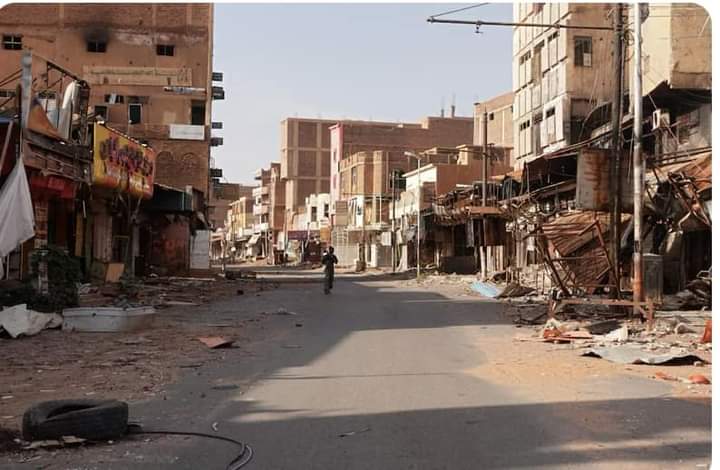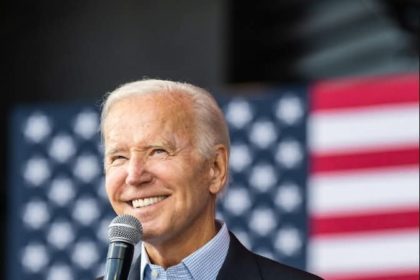By Adeyemi Adekunle
To end the brutal conflict ravaging Sudan, U.S.-sponsored cease-fire talks commenced on Wednesday in Switzerland without the participation of the Sudanese government. Despite the critical nature of the discussions, which could potentially last up to ten days, the Sudanese government’s absence looms large over the negotiations, raising concerns about the prospects for peace.
The talks, held behind closed doors in a confidential location in Switzerland, are co-hosted by Saudi Arabia and Switzerland. Key international actors, including the African Union, Egypt, the United Arab Emirates (UAE), and the United Nations, are present as negotiators, hoping to mediate between the warring factions.
The conflict in Sudan, which erupted in April 2023, has spiraled into one of the world’s most severe humanitarian crises. The Sudanese army, under the command of the country’s de facto ruler Abdel Fattah al-Burhan, is locked in a deadly struggle with the paramilitary Rapid Support Forces (RSF) led by his former deputy, Mohamed Hamdan Daglo. The ongoing violence has devastated communities, displaced millions, and left the nation teetering on the edge of collapse.
The U.S. government, determined to broker a peace deal, has faced resistance from the Sudanese government from the outset. Sudanese Media Minister Graham Abdelkader declared before the talks that the government rejected “any new observers or participants,” following Washington’s insistence on including the UAE as an observer in the negotiations. This rejection has underscored the deep divisions within the Sudanese leadership and cast doubt on the government’s commitment to a peaceful resolution.
A spokesperson for the U.S. mission in Geneva confirmed that the talks had officially begun, but there was “no change” regarding the Sudanese government’s decision to abstain. The absence of Sudan’s official representatives at the negotiating table raises questions about the effectiveness of the talks and whether any meaningful progress can be achieved without the involvement of one of the principal parties in the conflict.
The RSF, on the other hand, is participating in the discussions, with its delegation arriving in Switzerland as scheduled. The presence of RSF representatives, alongside U.S. diplomats, international partners, technical experts, and Sudanese civil society groups, highlights the complexity of the situation. However, the absence of the Sudanese Armed Forces (SAF) has left a significant void, one that many fear could hinder any potential breakthroughs.
Tom Perriello, the U.S. special envoy for Sudan, expressed his frustration and concern before the talks began, emphasizing the gravity of the situation. “The world is watching,” Perriello said, urging the Sudanese government to “seize the opportunity” for peace. After the opening session, he reiterated the urgency of the moment, stating, “It is high time for the guns to be silenced.”
The stakes in these negotiations could not be higher. The war between al-Burhan’s SAF and Daglo’s RSF has not only torn Sudan apart but has also drawn in regional and international powers, complicating efforts to broker peace. The participation of the UAE, despite Sudan’s objections, reflects the broader geopolitical interests at play, with various actors seeking to influence the outcome of the conflict in their favor.
As the talks continue in Switzerland, the international community remains on edge, anxiously awaiting any signs of progress.
The road to peace in Sudan is fraught with challenges, and the absence of the Sudanese government at these crucial talks is a stark reminder of the deep-rooted obstacles that lie ahead. For now, the hopes of millions of Sudanese citizens rest in the balance as the world watches and waits for a resolution to a conflict that has brought unimaginable suffering to their homeland.




